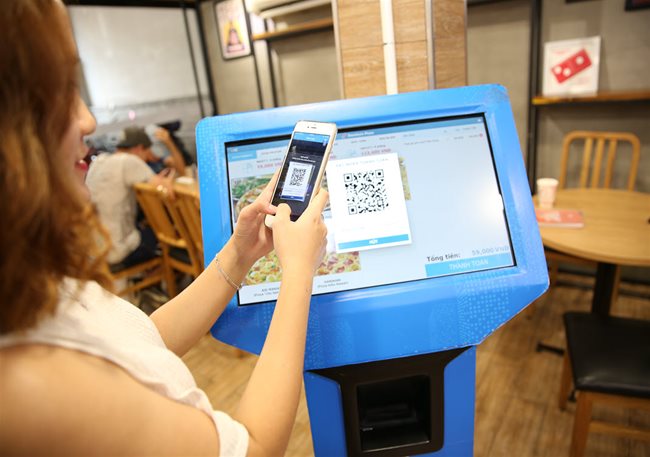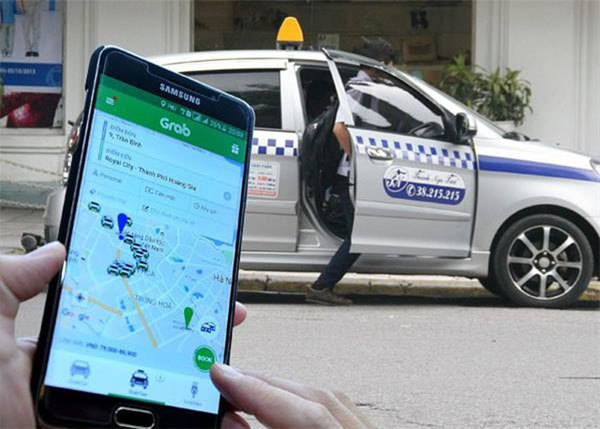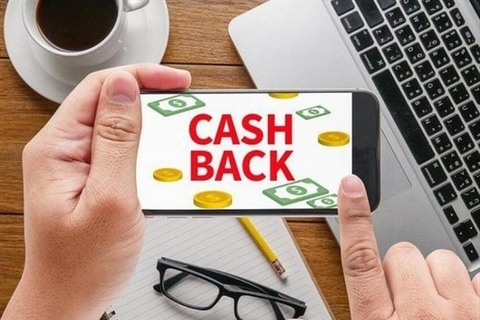- © Copyright of Vietnamnet Global.
- Tel: 024 3772 7988 Fax: (024) 37722734
- Email: evnn@vietnamnet.vn
e-commerce
Update news e-commerce
Mekong Delta fruit sold online, market has high potential
Encouraged by the success of Ben Tre’s coconuts, Long An, Dong Thap and An Giang provinces are considering plans to put their specialties on online for sale.
E-commerce industry seeks to leverage logistics growth
Flexible warehousing models that can help businesses optimise their storage are required amid the development of e-commerce, experts have suggested.
Shoppertainment the name of the game for e-commerce sites
Ensuring the quality of products bought online has long been tricky, but commercial livestreams, e-consulting and virtual reality on e-commerce sites could change that.
Daily visits to local e-commerce sites top 3.5 million: VECOM
Online shopping traffic in Vietnam so far this year rocketed over 150 percent against a year earlier, with daily visits to e-commerce sites growing to 3.5 million,
Marketplaces get ready for year-end sale season
Black Friday, Singles Day and Christmas are the time for e-commerce platforms to make big money.
Retailers shift to online platforms to boost sales
The Covid-19 pandemic has forced retailers to shift from traditional sales to online sales to adapt to the new circumstances.
60 percent of online orders in Vietnam made on social networks
Vietnamese people are shopping on social networks more than on e-commerce websites. The payment methods for goods exchanged on the social networks, however, remains very ‘primitive’.
Selling brooms and baskets on Amazon, farmers collect high prices from the US
A handmade paper postcard is priced at VND20,000 in Vietnam, but it can be sold for a price 10 times higher on Amazon. Putting Vietnam’s products on sale on marketplaces is the way to penetrate the US market quickly.
Local traders need business plans to develop e-commerce activities
Businesses need to develop specific business plans to succeed in e-commerce activities that are seeing strong development in Vietnam, according to experts.
Farmers livestream to sell oranges, tea around the globe
Within one hour, nearly 2,000 products were sold by last cam farmers. In the middle of the pandemic, Truong Thi Tam, a local seller, for the first time tried to sell her goods by livestreaming.
Vietnam's expert negotiator on e-commerce and telecom issues
Nguyen Quy Quynh has been elected for two consecutive terms as vice president of the research team No 1 for the ITU (International Telecommunication Union) Development (ITU-D).
Vietnam’s e-Commerce revenue to exceed 15 billion USD this year: Association
Vietnam’s e-Commerce growth reached 32 percent last year and averaged about 30 percent annually since 2016, according to a report by the Vietnam e-Commerce Association (VECOM).
Digital transformation: no time for hesitation
The governments that quickly move forward will be ahead of those that hesitate and proceed slowly in applying digital technologies.
Tax management needs realistic solutions
The 2020 white book on e-commerce released last month by the Department of e-Commerce and Digital Economy under the Ministry of Industry and Trade provides some legal updates relevant to e-commerce, the focus of which is the 2019 Tax Management Law
Grab, MoMo enter e-commerce playing field
Grab and MoMo are veterans in their core business fields, but they are the newcomers in the e-commerce market.
Online shopping sees record growth, ranked 3rd in region
The total number of visits to online shopping apps in Vietnam reached 12.7 billion in the first six months of the year, the highest ever figure.
Consumers beware of e-swindlers preying on fledgling cashback apps
While cashback is considered a strong method to encourage cashless payments, numerous websites and apps are taking advantage of uninformed consumers with untransparent and illegal multi-level marketing models.
More Vietnamese use ride-hailing services: white book
The number of Vietnamese using ride-haling services has increased rapidly in recent years, signalling the potential for the development of the sharing economy in the country.
Users warned over new 'cashback' apps
The Vietnam Competition and Consumer Protection Authority (VCCA) has issued a warning over cashback apps which lack transparency and showed signs of illegal multi-level marketing.
Taxes lost from e-commerce sector during COVID-19
The COVID-19 pandemic has become a golden opportunity for e-commerce trading floors, as well as social networks such as Facebook. However, the country has lost billions of dong in tax revenue due to e-commerce



















